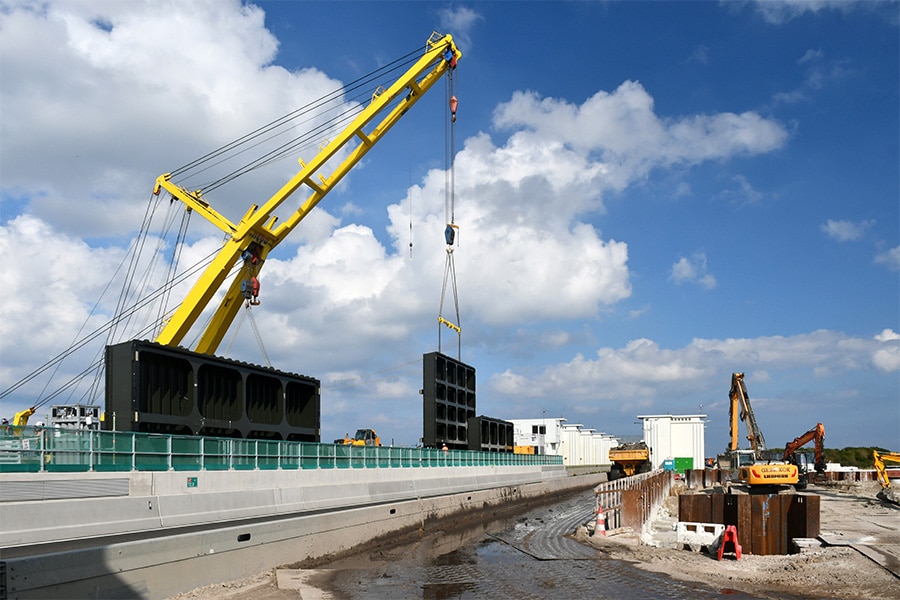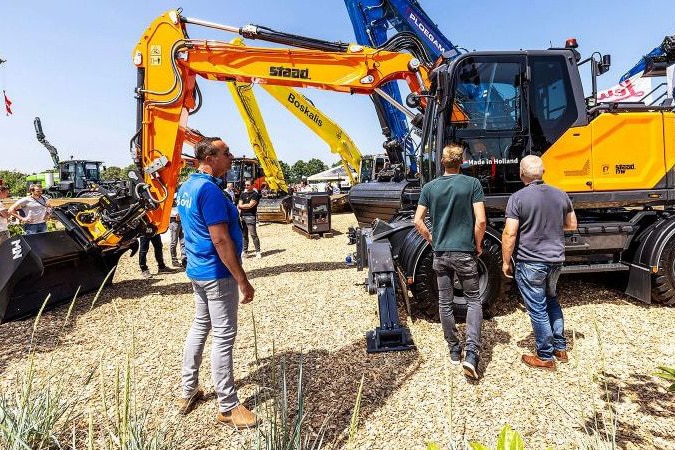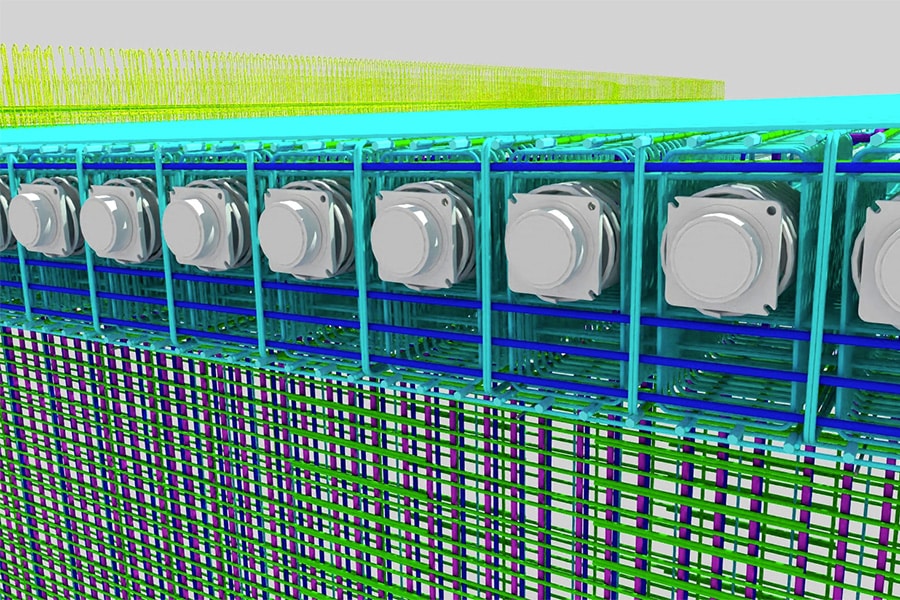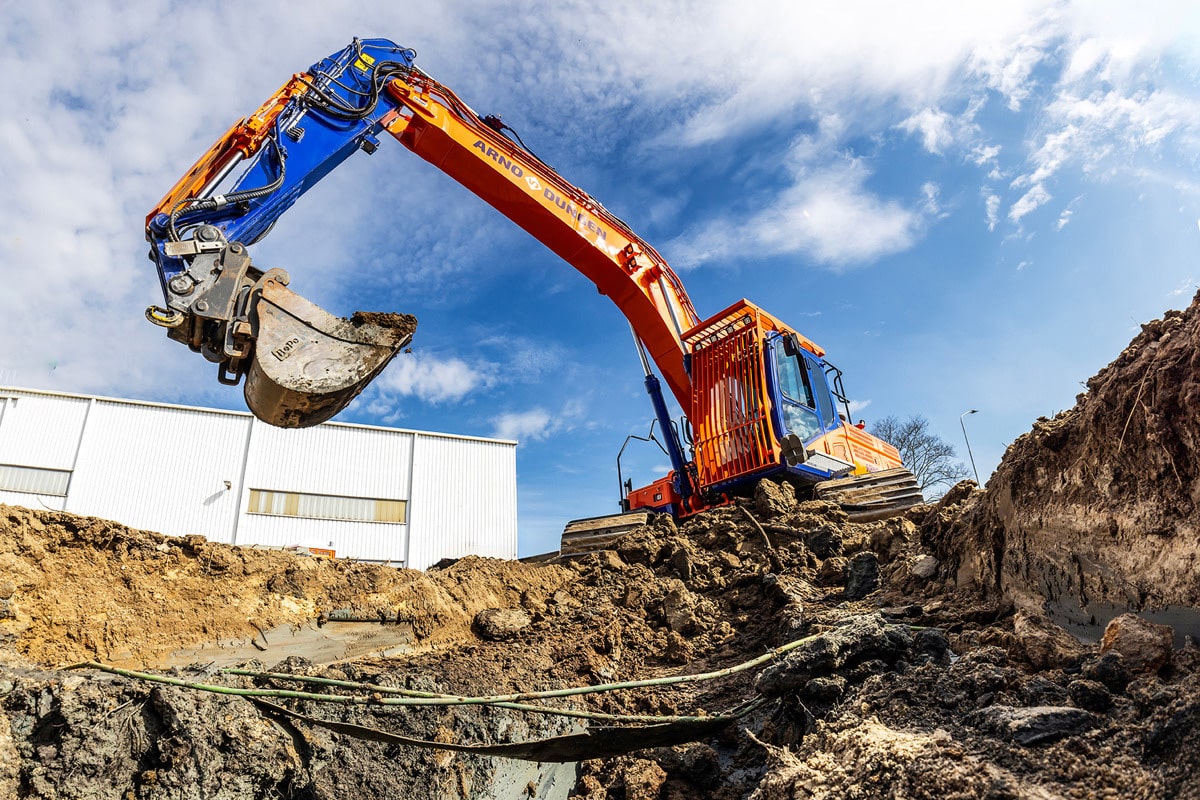
'We eat challenges for breakfast'
With exceptional technological know-how and impressive machinery, Denys builds water, gas and oil pipelines in Europe, Africa and the Middle East, among others. "We like to build what others can't, won't or don't dare." Speaking is Patrick Berré, Division Manager Cables & Pipelines at Denys. "We want to make a difference; we eat challenges for breakfast."
With over 1,800 employees spread across offices on several continents, Denys is truly a global player of note. The multidisciplinary group specializes in water, energy, mobility, civil engineering, restoration and special techniques. "This diversification makes us a much sought-after partner for complex construction and infrastructure projects," says Berré. "Within the cables and pipelines division, we are currently active in three sectors: energy transport via pipelines, transport of high-voltage underground and the construction of heat networks."

New forms of energy
Denys has been building large water pipelines since 1923. Meanwhile, the company builds pipelines throughout the world to transport all kinds of liquids and gases. Think of natural gas, oil and kerosene, but also industrial gases such as nitrogen, oxygen, hydrogen and ethylene. "Under the influence of the energy transition, we are noticing a clear shift from natural gas and oil to new forms of energy and even CO2, which flows through our pipelines," Berré said. "For example, we are working on several studies of sustainable projects in which excess CO2 is collected and temporarily stored via a newly constructed pipeline network. The purified CO2 can then be reused (Carbon Capture & Utilization, CCU) or stored, for example in underground layers (Carbon Capture & Storage, CCS)."
Heat grids
Currently, according to Berré, there is also a lot of focus on bringing high-voltage networks underground. "We as Denys are happy to work on that too. Not infrequently, it involves substantial cables in diameters of up to 150 millimeters. We are also very actively involved in the development and construction of heat networks, both in Belgium and the Netherlands. The 'Van Gas Los campaign' in the Netherlands has accelerated that effect. For example, we have already built several heat networks in Amsterdam and Enschede, taking care of the construction completely from A to Z, right down to obtaining the necessary permits. But also in Flanders, more and more use is being made of industrial residual heat to heat residential areas, for example. For example, we are closely involved in the Warmte Verzilverd project in Mortsel, a local initiative in which residual heat is used to provide energy for a new and sustainable project development. We enjoy working on sustainable projects in which we make a difference with our exceptional technological know-how and enjoy bringing solutions to various challenges."



